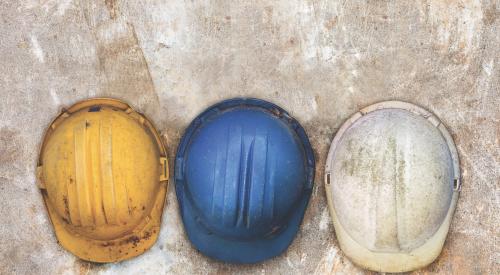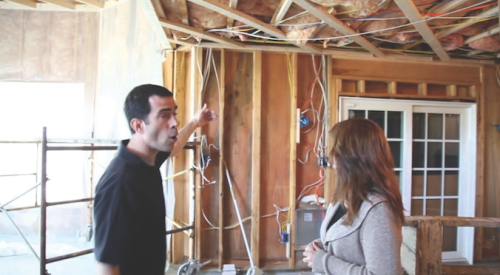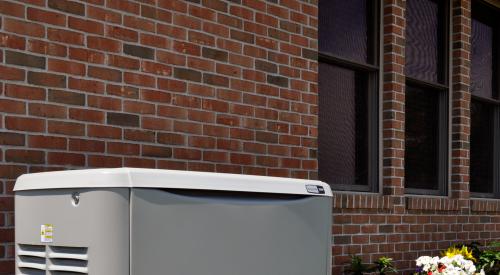Thanks for featuring my company in the July 2006 issue of Professional Builder in "The Complete Guild to Coastal Building." I love it when a writer interviews you and gets the facts right and your quotes right. My thanks to Marcia Jedd for a good job.
I wanted to add some input on the article on backup power systems. As this was related to coastal living needs, I thought an important issue was missed in the article. One needs to consider the outer housing around the generator. I live on the Chesapeake Bay in Virginia and put a Generac generator in my new home two and a half years ago as a natural gas backup system. My electrician was not experienced enough to realize that installing a generator with metal housing was the wrong application for a coastal environment. The salt air has just about rusted out my new generator, making its replacement within a year or so a necessity. Generac makes aluminum housing for their generators that I didn't know about and is a must for generators in coastal installations.
Also, on my recent annual maintenance check, the mechanic said that I have sand inside the carburetor that has probably infiltrated the motor, and he anticipates a failure of the engine in the next year or so (best guess on his part). We live on the beach, so blowing sand is a reality.
He said we needed to build a fence around the generator to help protect the unit against the blowing sand rather than let it free stand on the side of the house. He said we can't stop it all because the generator has to have ventilation, but the mechanic thought this would help protect it better.
Just some notes for your readers to consider while installing a power generator in a coastal environment. This insight is going to cost me $5,000–6,000. I offer it to your readers for free.
David DeBord, Virginia Beach, Va.
Sprinklers are important, tooI just finished reading the letter ("Hot Debate," June 2006) from Gerald Howard with the NAHB regarding fire sprinklers. Fortunately, Mr. Howard has never been affected by fire. He references "modern home construction techniques" that in many areas include sprinklers. He references smoke alarms, which is a typical response, but if we are installing items that are mandated, wouldn't it be better to install something that actually attacks the fire instead of just informing us?
We will pray that Mr. Howard is never affected by the devastation fire can cause to our irreplaceable family heirlooms and loved ones, especially when the majority of people injured or killed by fire are our parents or children. It is interesting how the NAHB opposes fire sprinklers, but anyone involved with the fire industry, including fire fighters, fire chiefs and fire marshalls, strongly encourage the installation of fire sprinklers. I'm sure that if anyone was truly interested in educating themselves regarding fire sprinklers, their local fire department — which by the way has nothing to gain from the promotion of fire sprinklers other than saving our lives — would be more than happy to help in any way.
David Stone, Houston
Contact UsPlease include your name, company name, address and phone number.
write: Letters to the Editor, Professional Builder, 2000 Clearwater Drive, Oak Brook, IL 60523
fax: 630.288.8145










